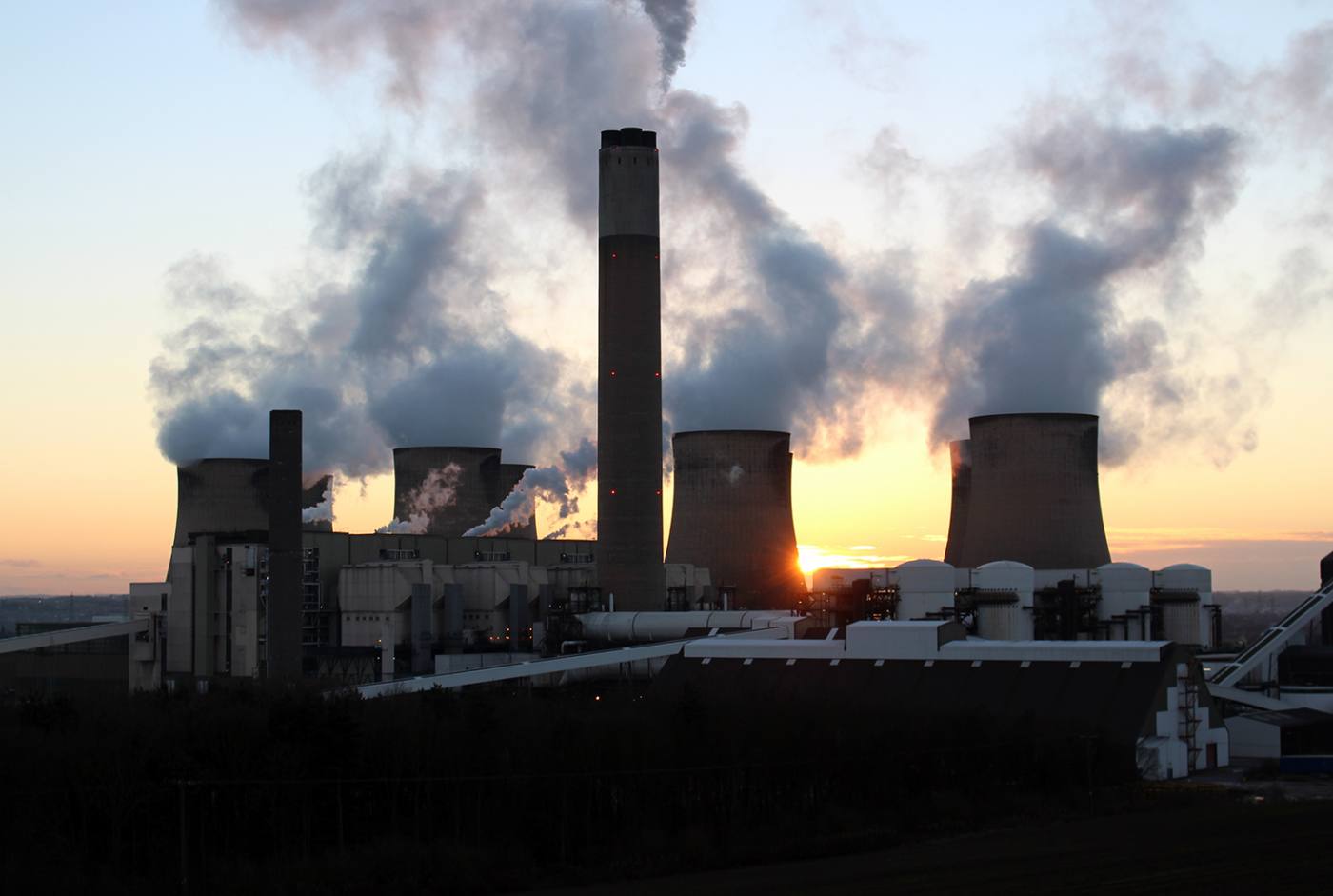BGS study to investigate potential for CO2 storage testbed
A new study to be undertaken by the British Geological Survey (BGS), on behalf of the Natural Environment Research Council (NERC), will scope out the potential for a deep borehole carbon dioxide (CO2) storage research testbed.
30/10/2020 By BGS Press
The project objectives include defining the options for future investment from UKRI and NERC in CO2 storage research; outlining the Carbon Capture and Storage (CCS) landscape to provide the wider context for NERC’s future investment decisions; gathering technical and business case evidence to de-risk further investment and engaging stakeholders to help define the required capabilities and scientific objectives of a testbed.
A range of location and design options for a research testbed will be identified using preliminary technical and permitting evidence and will help provide the basis for recommendations that will inform future investment decisions.
BGS has a strong track record of international collaborative research into the feasibility of CO2 storage as well as research into how we can decarbonise industry in the UK and globally. It is a member of the strategic coordination group of the SET Plan Implementation Working Group 9 on CCS and Carbon Capture and Utilisation (CCU), and is a founding partner of European Carbon Dioxide Capture and Storage Laboratory Infrastructure (ECCSEL) and of CO2GeoNet – a not-for-profit Scientific Association comprising 28 research institutes from 20 European countries.
It is anticipated that a testbed would help to fill knowledge gaps in geological CO2 storage, answering some specific science questions around demonstrating long-term containment and the processes for the way a site is closed.
It would provide an innovation platform on which to develop new techniques and equipment to improve monitoring; reduce costs; further enhance safe storage and open access to, and sharing of, data, for the benefit of the research community and storage developers.
Non-technical developments would be enabled such as supporting wider public discussions of the merits of CO2 storage that are vital for underpinning future full-scale commercial systems; evidence would be provided for policymakers and regulators and data gathered would support appropriate regulation for the emerging CO2 storage industry.
Crucially, the infrastructure would be publicly owned and would be a facility for transparent research and innovation exploration.
Jonathan Pearce, CO2 Storage Research lead, said: “I’m really excited about this initial study, which will allow us to further support the UK’s programme for CCS deployment. I’m looking forward to discussing with colleagues across the carbon capture, utilisation and storage (CCUS) research community and industry how we develop a testbed concept that will enable innovation and deeper understanding of storage processes. BGS has a wealth of experience in research into CCUS and will ensure that we engage with a wide range of stakeholders as the concept is developed.
“The BGS team is delighted to be carrying out a study which will potentially contribute to the development of important CO2 emissions reduction technology and should see the UK continue to be a leader in this area.”
Prof Mike Stephenson, Executive Chief Scientist at BGS, said: “We are delighted to be working with NERC to evaluate the potential benefits of a new CO2 storage testbed for the UK. Carbon capture, utilisation and storage (CCUS) will be needed to help the UK meet its net zero targets and this testbed will be a unique research facility. We see this study as a fantastic opportunity to help the wider CCUS community to work together in developing a concept for the testbed.”


